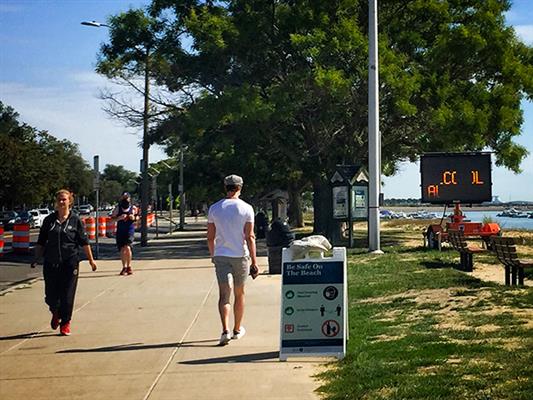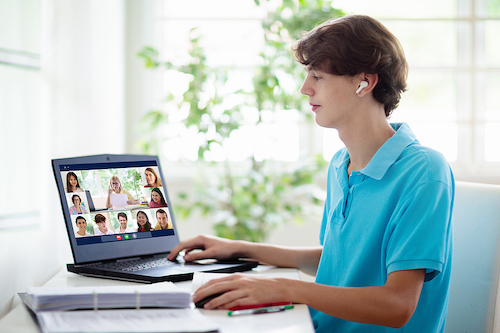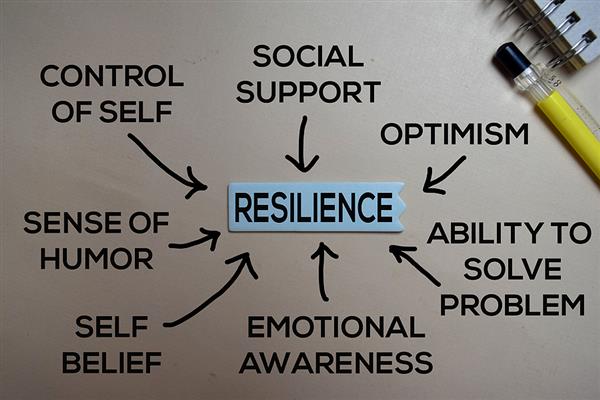November 27, 2020
by Elizabeth Pratt

During a global pandemic, many essential workers have been hailed as heroes.
Some are uncomfortable with the title, but there’s a certain group who especially love being viewed in this way. Narcissists.
[More]
October 30, 2020
by Elizabeth Pratt

Americans are overwhelmed with multiple sources of stress.
According to the American Psychological Association (APA), the United States is facing a national mental health crisis that could have consequences well into the future.
[More]
October 29, 2020
by Elizabeth Pratt

Gen Z are experiencing increased stress levels due to uncertainties in their future.
The American Psychological Association’s annual Stress in America Report for 2020 found that Gen Z adults aged 18-23 reported the highest stress levels in the month prior at an average of 6.1 out of 10.
[More]
October 23, 2020
by Tina Arnoldi

Despite some detrimental impact on vulnerable individuals, a recent survey did not find a large increase in loneliness as a result COVID-19. Instead, they found remarkable resilience in response to it. Some participants perceived more social and emotional support during the pandemic.
[More]
October 16, 2020
by Tina Arnoldi

Millions of patients and doctors are using telehealth for the first time and likely will continue doing so for the foreseeable future. Although the end of COVID-19 is not yet in sight, patients continue to need routine medical care. The benefits of technology are beyond what we could have imagined decades ago, but we’re experiencing cognitive overload, brought on by our dependence on technology, bringing a whole new set of health problems.
[More]
October 13, 2020
by Patricia Tomasi

A new survey aims to find out how Germany is dealing with the coronavirus pandemic and how the everyday lives of German citizens are being affected. “We therefore analyze their concern about how the coronavirus affects different areas of their life, and how they try to protect themselves against an infection,” study author Dr. Fabian Kirsch told us.
[More]
September 28, 2020
by Kimberly Lucey

During the COVID-19 pandemic, many people have turned to the outdoors for an escape. Some choose it for a change of scenery, fresh air, or exercise, while others are searching for a safe space to see friends and loved ones from a distance. Now, a study is showing the location where people choose to spend that outdoor time may play a big part in their mental well-being.
[More]
September 22, 2020
by Elizabeth Pratt

Teenagers experienced less anxiety and felt more connection to school during lock down due to the COVID-19 pandemic.
A study from the University of Bristol examined how 1000 teenagers across 17 schools in the South West of England coped during lockdown when they weren’t attending school in person.
[More]
September 18, 2020
by Tina Arnoldi

We’re capable of bouncing back from a crisis a lot faster than we might think. A new study being published in the Journal of Applied Psychology found that psychological recovery can happen even when people are still in the midst of a stressful experience. Those high in neuroticism may recover at an even faster rate because they’re better equipped to navigate stress.
[More]
September 11, 2020
by Tina Arnoldi

Virtual interactions are tiring for the brain, causing “zoom fatigue”, which has only gotten worse as more companies work remotely due to COVID-19. Studies show it’s tougher to communicate for people who are reliant on non-verbal cues. As a result, group chats (whether Zoom, Meet, Teams) become less collaborative and more of a siloed conversation between two people while others observe. What is it about video calls that are so draining?
[More]